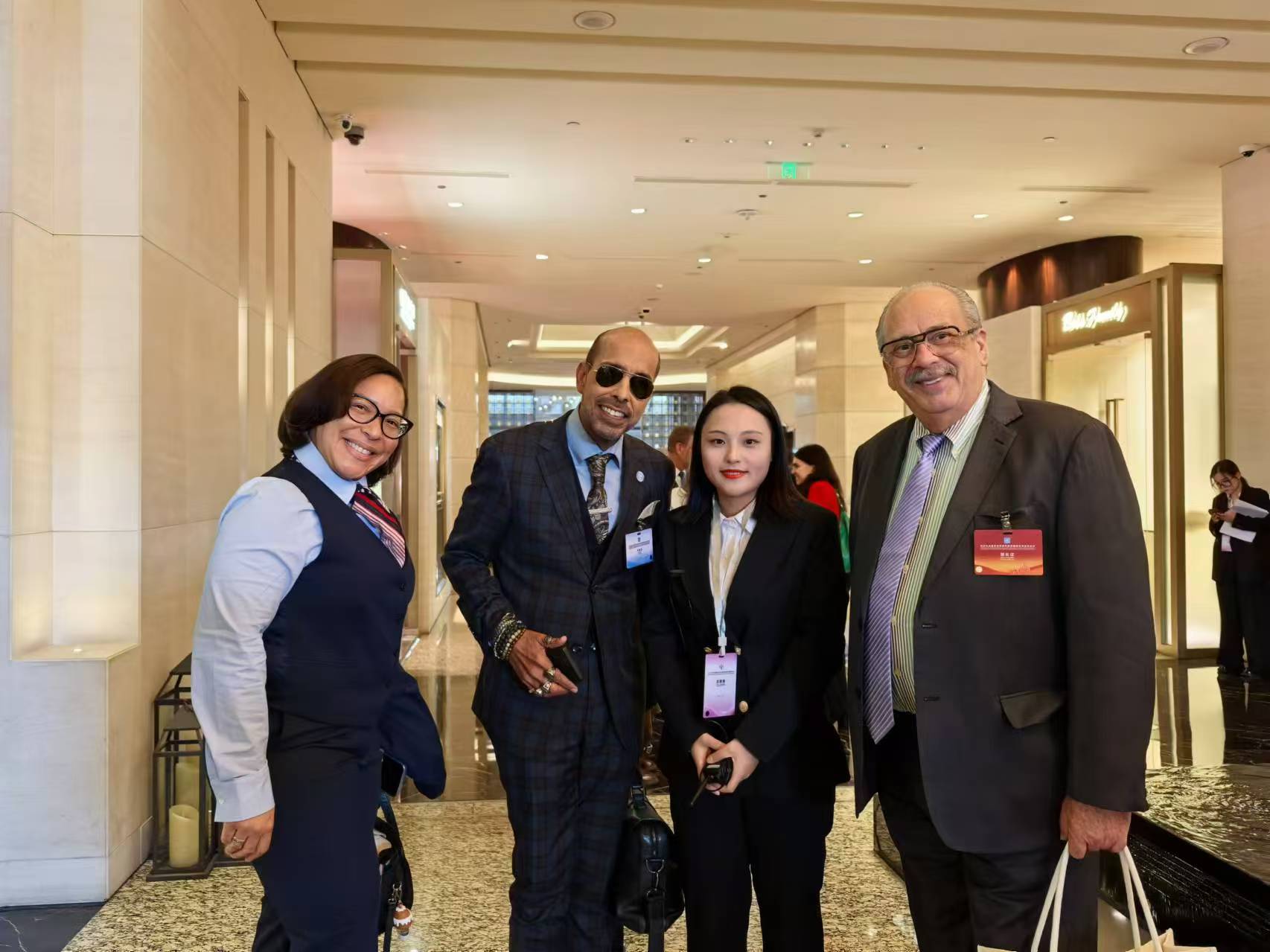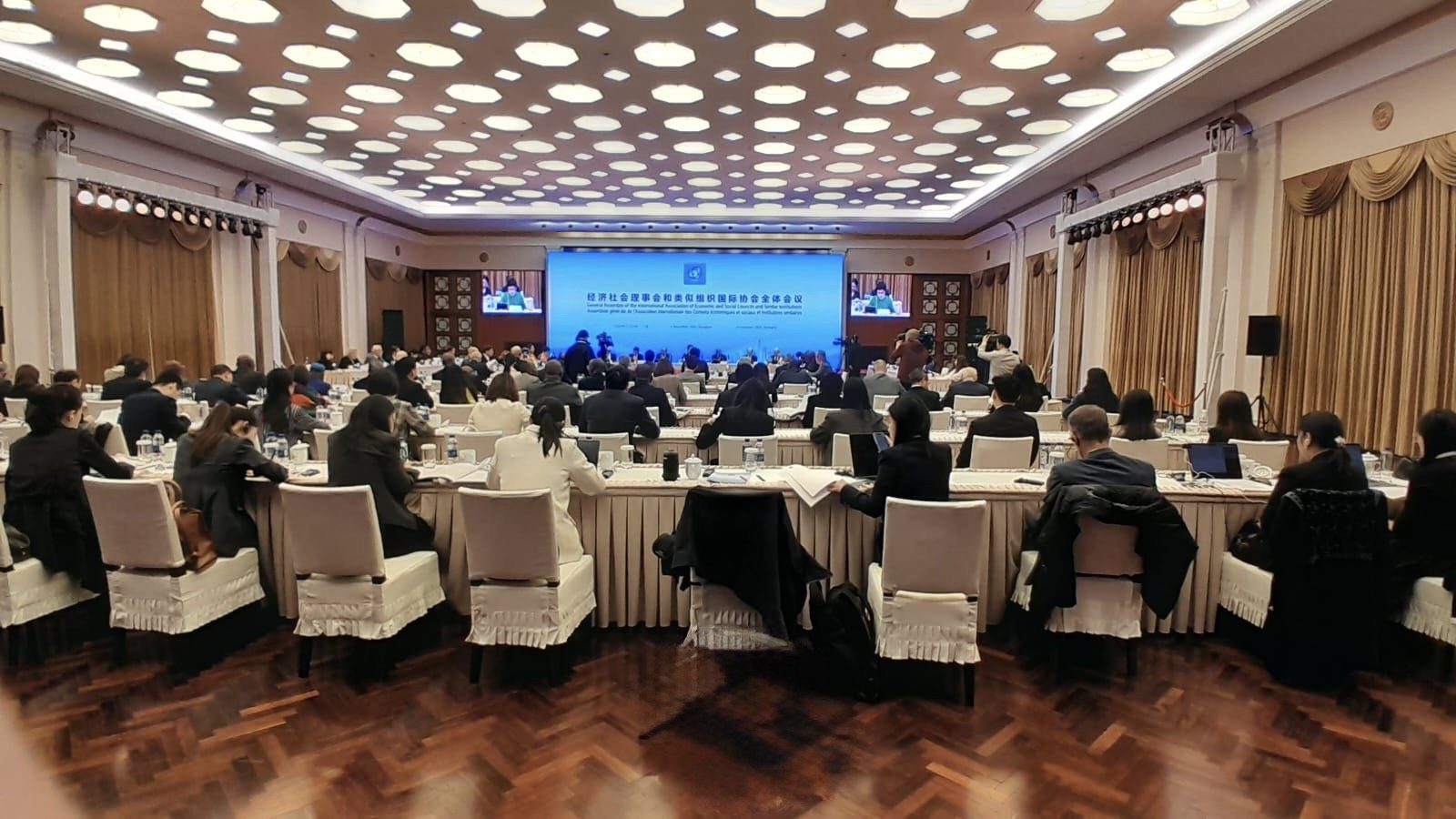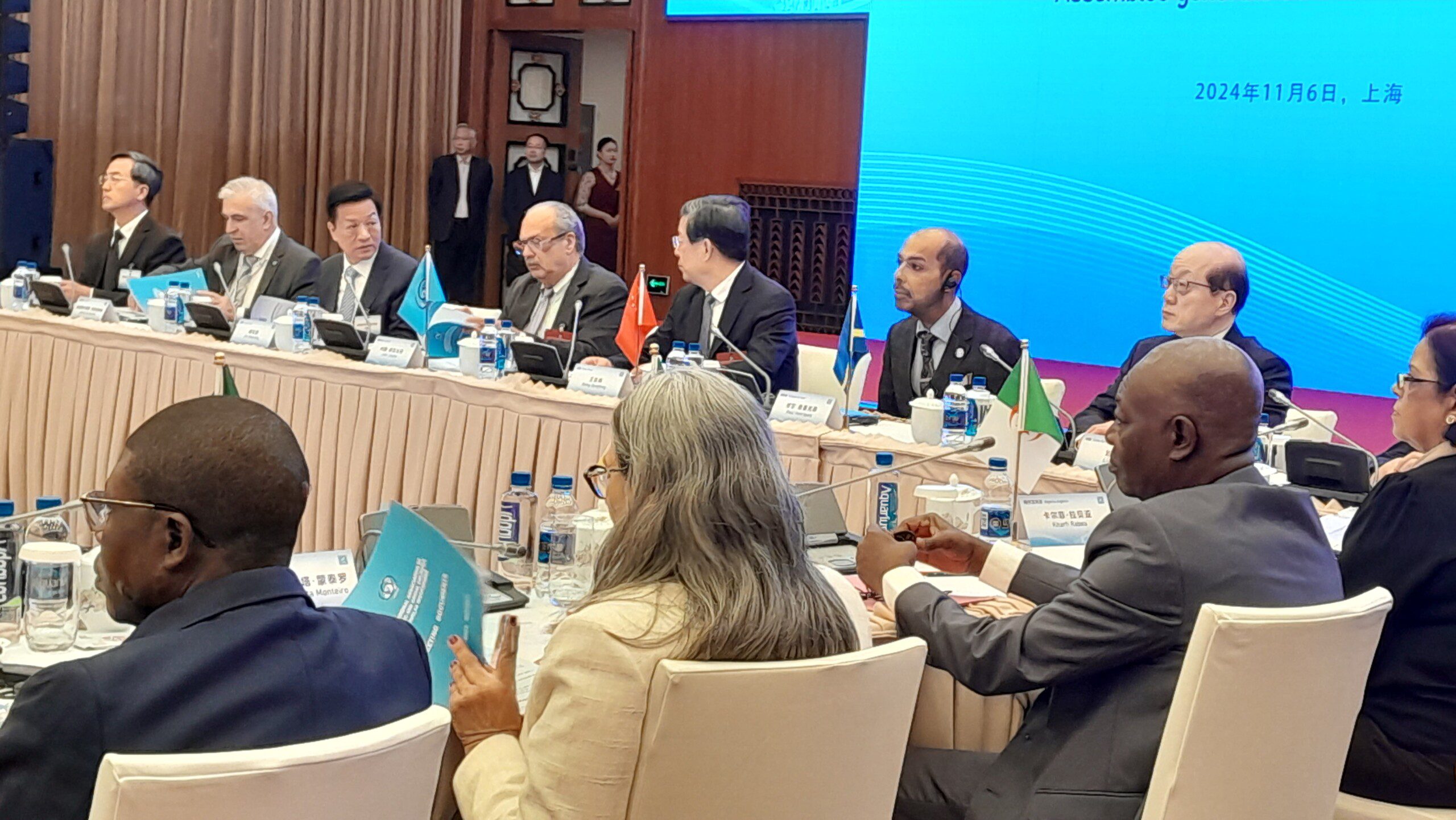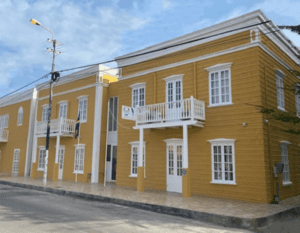Press release
Curaçao steps into global spotlight at AICESIS Summit in Shanghai
Willemstad/Shanghai, November 21, 2024 — In Shanghai (People’s Republic of China) this month, the Caribbean Island of Curaçao defied its modest size, stepping into a global spotlight as it led critical discussions on sustainability and international cooperation. During the annual meetings of the International Association of Economic and Social Councils and Similar Institutions (AICESIS) on November 5 and 6, Curaçao’s Presidency charted an ambitious course for the future, balancing bold visions with the realities of implementation. Under the leadership of the Social and Economic Council (SER) of Curaçao, significant decisions were made about sustainability, social dialogue, and international partnerships. Yet, participants grappled with a key question: How can small nations like Curaçao make their mark in shaping global agendas?
A focal point of the summit was the unveiling of the Sustainable Growth Index (SGI), a pioneering metric designed to integrate social, cultural, and environmental dimensions into economic performance. Presented by Hungarian scholar Prof. Dr. Gusztáv Báger, the SGI challenges traditional GDP as the sole measure of national progress. The index revealed stark disparities among member states: the Netherlands and Ireland excelled, driven by innovation and sustainability, while Greece and other emerging economies faced pressing challenges. “This is a wake-up call,” said Báger. “We need to reimagine what growth means—placing people and the planet at the center of our metrics.”
While delegates lauded the SGI’s vision, its implementation posed significant hurdles. “The real challenge is bridging the gap between theory and practice,” noted one participant. For resource-constrained nations like Curaçao, this challenge is particularly acute. However, the Curaçao Presidency framed it as an opportunity: “Small nations often lead with creativity and adaptability. It’s our responsibility to ensure these solutions are heard on the global stage.” Beyond sustainability, the summit emphasized enhancing partnerships with the International Labour Organization (ILO) and the United Nations Economic and Social Council (ECOSOC). In 2025, two new working groups were launched to develop actionable policies, focusing on promoting inclusive growth and deepening trust among global stakeholders. “Social dialogue is essential but fragile,” remarked a representative from Zimbabwe. “It requires time, trust, and a willingness to listen—none of which come easily.” These initiatives represent another step in AICESIS’s broader strategy to foster collaboration across borders.
The summit also announced a renewed partnership agreement between AICESIS and the ILO, which will be formalized in 2025. That same year, Madrid, Spain, will host a joint ILO-AICESIS conference, further cementing their shared commitment to advancing global social justice. One of the summit’s highlights was the announcement that Curaçao will host the next AICESIS General Assembly in November 2025. The event will mark the conclusion of the SER of Curaçao’s presidency, a term defined by bold leadership on international issues. “This is not just an ending; it’s the start of something new,” the Curaçao Presidency stated. “We aim to show how small nations can play a vital role in tackling global challenges.”
The Shanghai meetings also provided a platform for new collaborations. Zimbabwe officially joined AICESIS, while discussions with the Organization for Economic Cooperation and Development (OECD) explored future initiatives. The OECD presented its Global Deal initiative, a project aimed at fostering equitable labor relations and sustainable economic growth. Additionally, AICESIS announced a Memorandum of Understanding (MoU) with the European Economic and Social Committee (EESC). The MoU will lay the foundation for deeper cooperation between the two organizations, focusing on shared priorities such as social justice and sustainable development. Dimitris Dimitriadis, President of the EESC’s External Relations Section, called the agreement “a critical step toward bridging Europe and the rest of the world through AICESIS.”
While the summit highlighted progress, it also underscored the challenges of translating ambitious goals into real-world impact. Throughout the discussions, participants returned to a common theme: How can global frameworks deliver meaningful change on the ground? For AICESIS, the answer lies in collaboration. “Our strength is in bringing together diverse perspectives,” the Curaçao Presidency emphasized. “But the real test is turning those ideas into action—and that responsibility lies with all of us.”
As Curaçao prepares to host the next General Assembly, it stands as a testament to the influence of small nations in global diplomacy. The coming years will reveal whether these collective efforts can shape a more inclusive, sustainable future.





